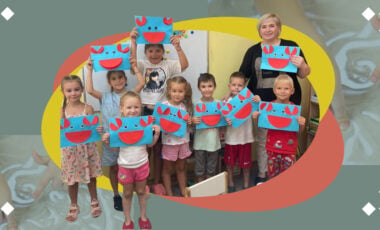Lithuanian-funded restored school in Borodyanka welcomes 700 students
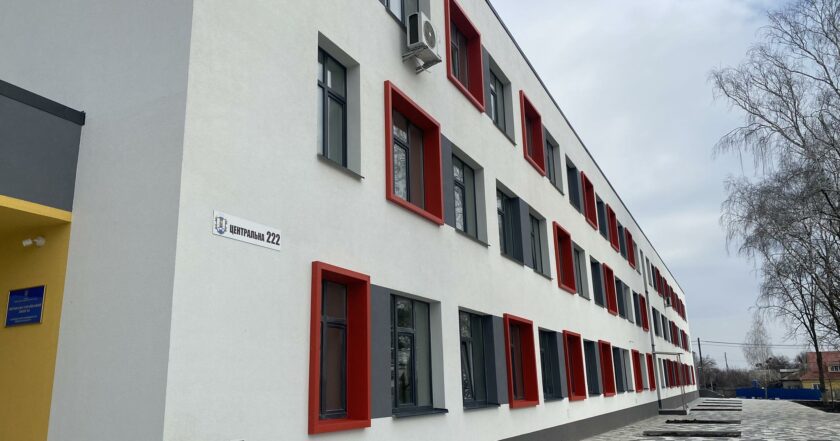
One of the three schools in Borodyanka rebuilt with Lithuanian support opened its doors on March 15, 2024.
Ready to receive 700 students from the first to eleventh grade, the school has been renamed Lithuanian-Ukrainian Lyceum No. 1.
The €8 million project was funded by the Lithuanian Humanitarian Aid Fund with a contribution of €1.8 million from the Taiwanese Mission in Lithuania for internal equipment, furniture and external infrastructure.
Lithuanian economy minister Aushrine Armonaitė, says the state is helping to rebuild the destroyed cities of Ukraine without waiting for the end of the war, and has already allocated more than €14 million for the construction of a temporary settlement, schools, kindergartens and other projects.
The B2Lithuania platform has enabled Lithuanian companies to actively participate in Ukraine's infrastructure recovery projects.
"Together we will rebuild Ukraine, and together we will achieve victory for all of us," the minister said at the opening ceremony of the lyceum.
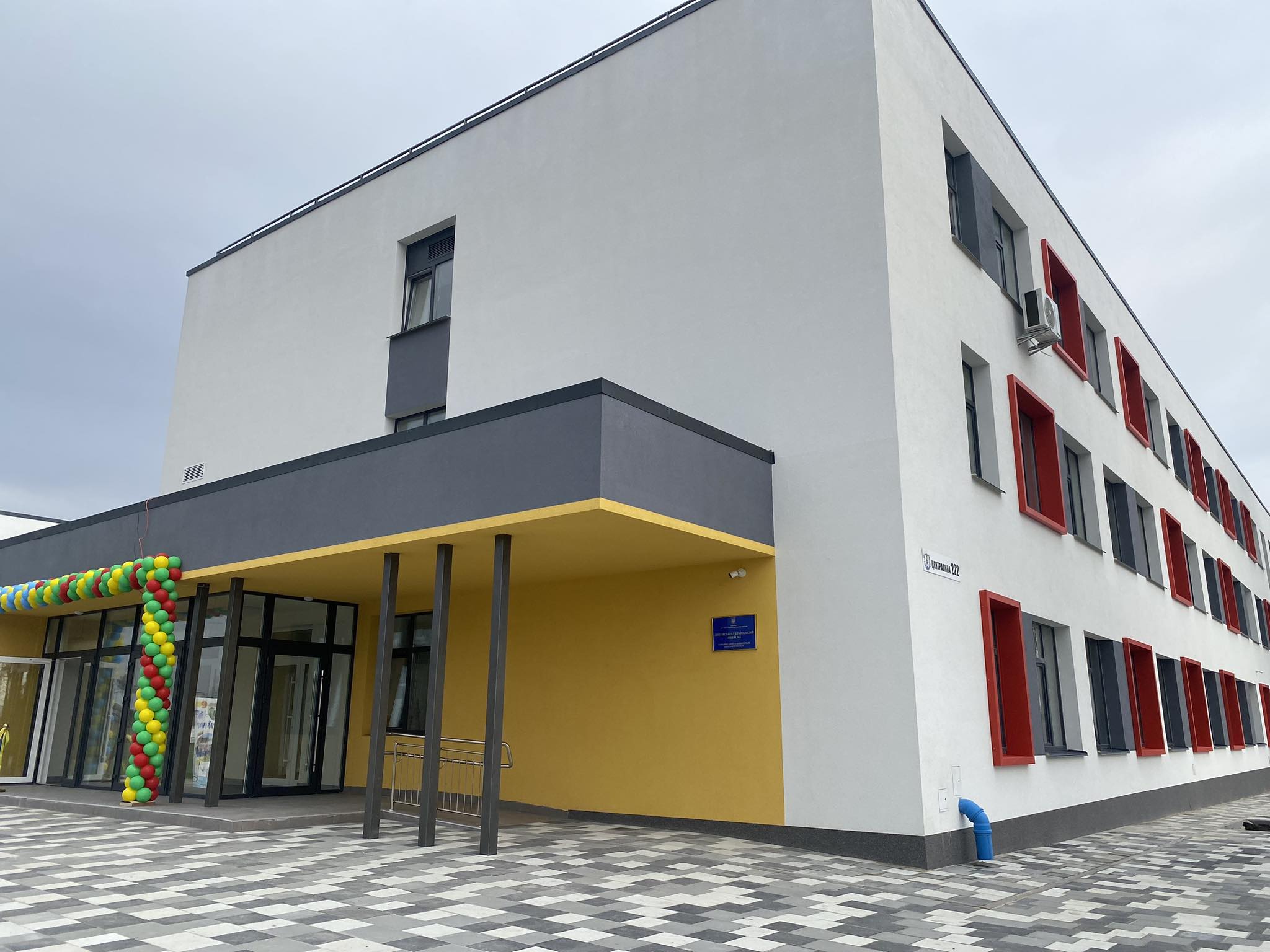
New Ukraine creators will study here
"Children cannot be targets of war. Attacks against children are terrorism. The newly opened Lithuanian-Ukrainian Lyceum is a sign of hope and a sign of Ukraine's inevitable victory. When Ukraine defeats the barbaric aggression of Russia, the graduates of this school will become the creators of a new Ukraine. We must mobilize all our efforts to make this happen as soon as possible," said Gabrielius Landsbergis, Lithuanian foreign minister.
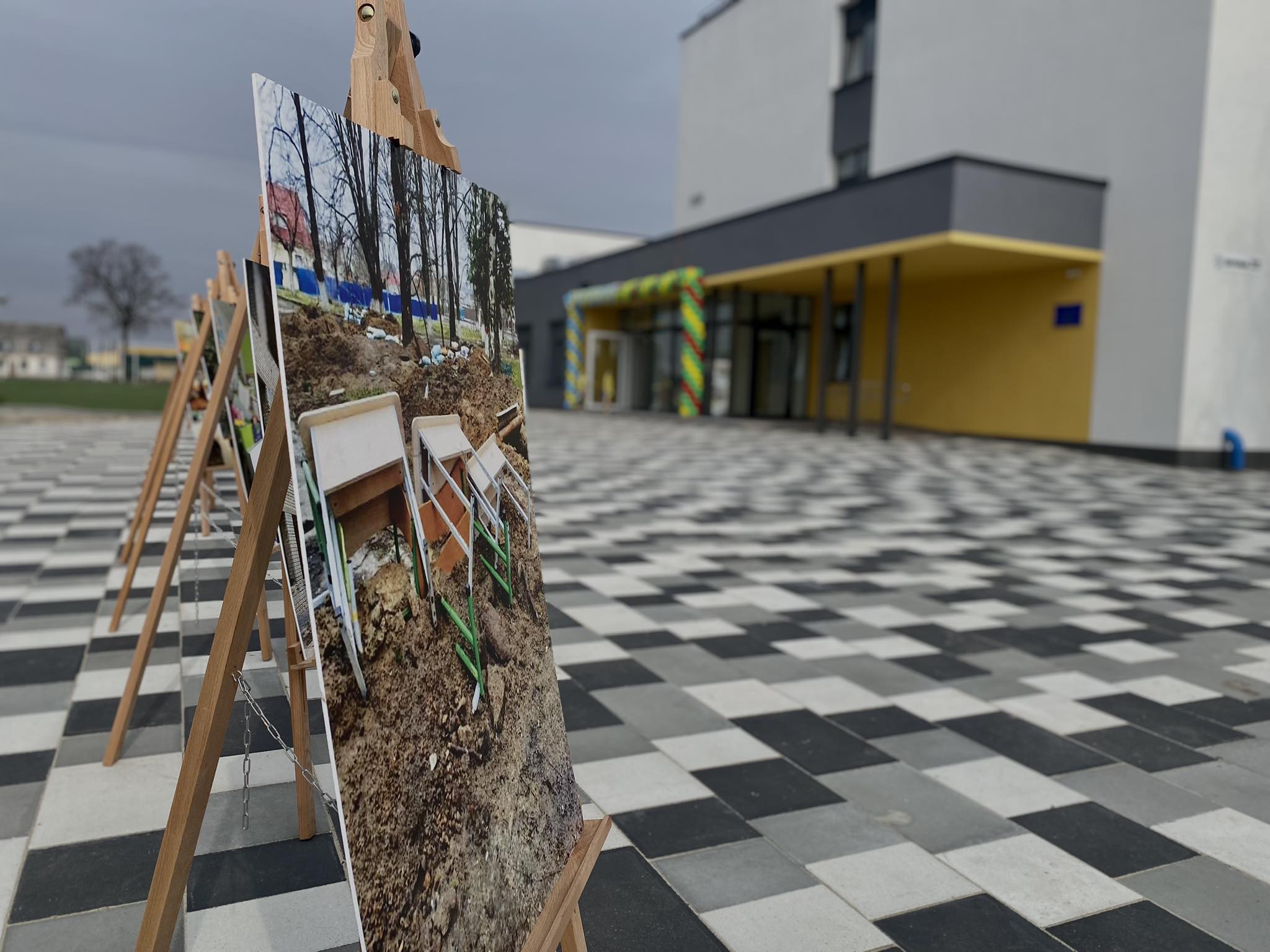
Restored school and new underground shelter
The school in Borodyanka has literally risen from the ruins. It has been transformed into a brand new, modern three-story institution.
Classrooms are equipped with smart boards and interactive tables for primary education.
As part of the project, an underground shelter was built adjacent to the school that can accommodate up to 800 people at a time.
The shelter is accessible by elevator or stairs and has direct access to the outside.
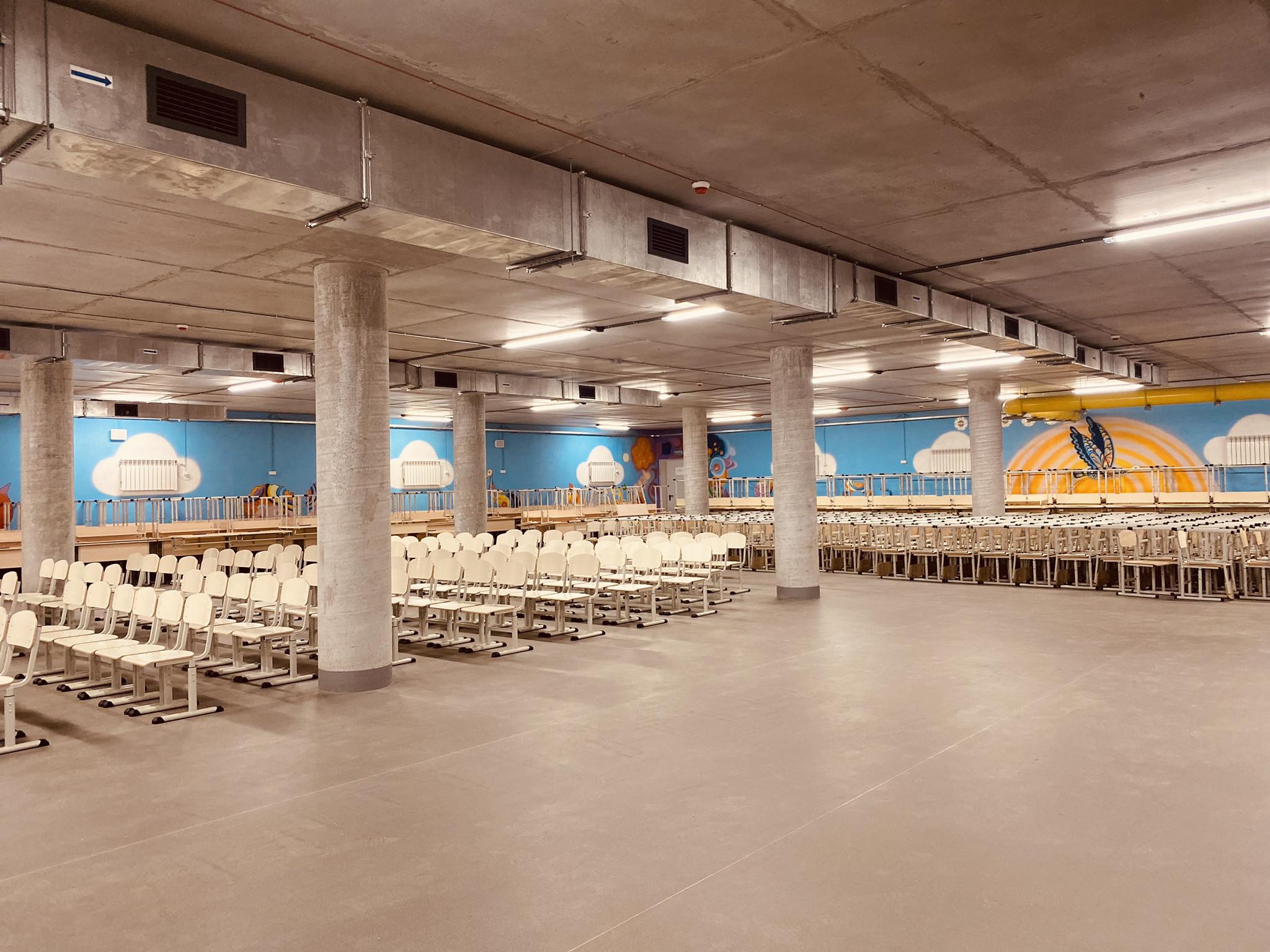
The new experience of building an autonomous shelter next to the school has become the impetus for a program to build six more such shelters across Ukraine, funded by the EU and Lithuania.

























